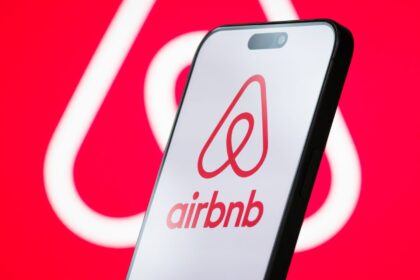We have seen a lot of brand stories and there are two kinds of brands in the world:
- The ones that scream “We’re the best! Buy us!”
- The ones that make you feel something and make you want to be part of their story.
Guess which ones people actually remember?
In the age of scroll-scroll-skip, your brand story needs more than just bullet points and taglines. It needs heart. It needs grit. It needs strategy.
Let’s talk about how to elevate your brand story so it doesn’t just sit on a website page collecting dust but actually moves people.
1. Start With a Human Truth, Not a Product
Your audience doesn’t wake up thinking about your product. They wake up thinking about themselves, their problems, their routines, their dreams. So start there.
Instead of:
“Our app has 12 new features.”
Try:
“We know freelancers hate chasing late payments. So we built something better.”
That shift from product-led to people-first makes your story instantly more relatable.
2. Turn Your Origin Story Into a Movement
Your “About Us” page is not just a corporate formality. It’s where your audience decides if you’re just another brand or the one they want to ride with.
Was your startup born in a tiny kitchen with no electricity? Did it begin from a frustrating personal experience? Tell that. Be specific. Be honest. People love underdog stories more than polished perfection.
And if your story sparks something bigger; a mission, a cause, a movement, you win even more loyalty.
3. Use the 3C Formula: Conflict, Clarity, Connection
Great stories thrive on structure. Here’s one we swear by:
- Conflict: What problem existed?
- Clarity: What did you create to fix it?
- Connection: How does this help your customer?
This keeps your storytelling focused and punchy; no rambling monologues.
4. Make the Customer the Hero
You’re not the main character. Your audience is.
Instead of positioning your brand as the saviour, position it as the sidekick that helps them win.
You’re not Frodo. You’re Sam.
Not Katniss. You’re Cinna.
Not the queen. You’re the stylist that gave her the crown.
Frame your story around how your customer’s life transforms with your brand as the trusted ally.
5. Infuse Brand Personality Everywhere
Whether you’re snarky, soulful, disruptive, or warm, make sure your voice shows up consistently across all content. From your email subject lines to your product pages.
Your brand story isn’t just a page. It’s the way your brand speaks every single day.
Need some inspiration? Look at Liquid Death, Notion, or Duolingo. They’ve built entire worlds through personality alone.
6. Leverage Storytelling Formats That Work
Not every story belongs in a blog post. Try different formats:
- Short-form video (Reels, TikTok, YouTube Shorts)
- Carousel posts on LinkedIn or Instagram
- Founder letters in your newsletter
- Behind-the-scenes tweets or threads
- Podcast episodes that share real lessons
Meet your audience where they are with the content they actually consume.
7. Let Real People Tell the Story
Do you know who your best brand storytellers are? Your customers!
Use testimonials, UGC (user-generated content), case studies, and real DMs that reflect how people experience your brand.
Tip: Don’t over-polish these. The raw, unfiltered ones? They convert better.
8. End Every Story With a Feeling, Not Just a CTA
Sure, you want them to “click here” or “sign up.” But go deeper. What feeling should they leave with?
Empowered? Seen? Curious? Inspired?
Close the loop with emotion then guide them to take action.
In a noisy world, attention is earned, not demanded.
So stop trying to impress with jargons. Start trying to connect with brand stories.
If your brand can make people feel something, you’ll never need to chase attention again.







